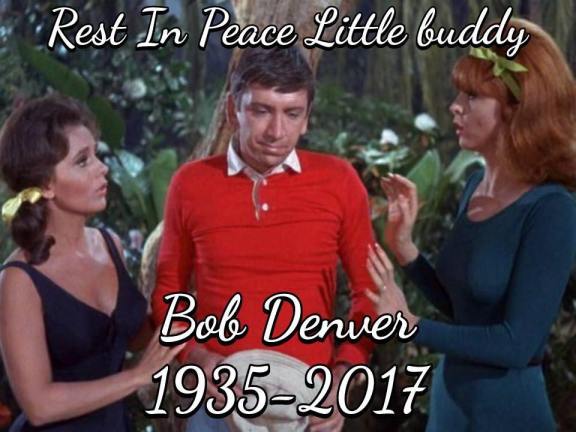English, on a language perspective, makes no sense at all.
 My wife is a teacher of English as a New Language (ENL). It has also been called English as a Second Language (ESL), but the NEW designation is more accurate because, for some of these students, English is their third or fourth language.
My wife is a teacher of English as a New Language (ENL). It has also been called English as a Second Language (ESL), but the NEW designation is more accurate because, for some of these students, English is their third or fourth language.
Here’s a 2008 article about English Language Learners (ELLs) that I think describes the process and problems of learning English for non-native speakers.
The rules for the order of adjectives are nearly instinctive for native-born speakers of English. In case that you need help learning this language, we recommend you this igcse online english tutor.
But it is tricky for the ELL. There are several lists, found here and here and elsewhere. But they generally agree on the order.
Comparative / superlative
Example: Bigger chair, smartest student
Opinion
Example: an interesting book, a boring lecture
Dimension (size)
Example: a big apple, a thin wallet
Age
Example: a new car, a modern building, an ancient ruin
Shape
Example: a square box, an oval mask, a round ball
Color
Example: a pink hat, a blue book, a black coat
Origin / nationality
Example: some Italian shoes, a Canadian town, an American car
Material
Example: a wooden box, a woolen sweater, a plastic toy
So you would say a “new Italian car,” not an “Italian new car.” Or a “big pink plastic sculpture.” And you don’t use commas between the terms. If you ask a native speaker why, she’ll say because to do otherwise sounds wrong. If I were an ELL, this might be a difficult aspect.
Other issues for ELL students depend on their native language. Certain sounds aren’t “available in their first language (‘th’ is a big one in general, but so are ‘v’ for Turkish speakers, ‘w’ for some European language speakers, ‘sh’ for Spanish speakers, and ‘r’/’l’ for many Eastern/Southeastern Asian language speakers).
“English, on a language perspective, makes no sense at all. There are so many exceptions, and these exceptions don’t follow the same rules. Some letters are silent, but they aren’t always so. There is no real verb conjugation. You always need your pronoun or it makes no sense at all.
“The sounds are weird as well. You can learn the short and long vowel rules, but in some situations, they are just different, and there is no reasonable explanation as to why you have pronounced something differently.”
There are also issues with verb conjugations, idioms, and homophones/homographs/homonyms.
I’m always impressed when people take on English as a New Language.
ABC Wednesday – Round 19







